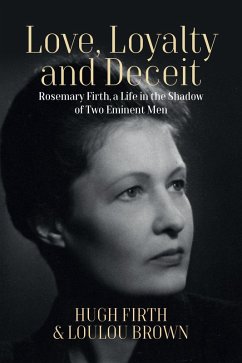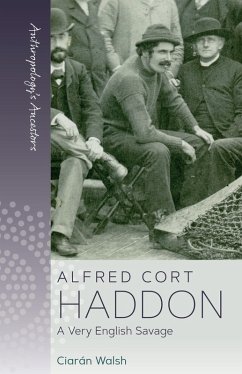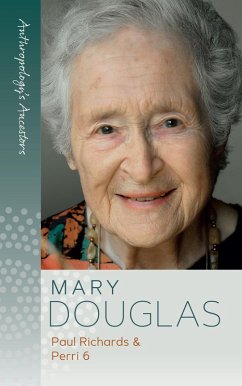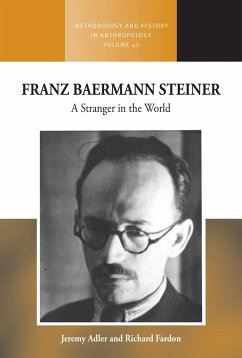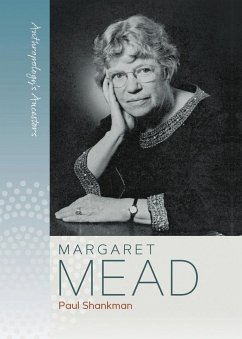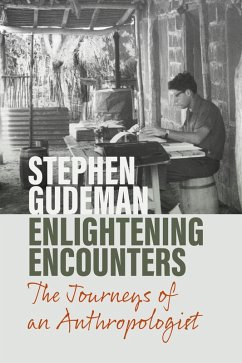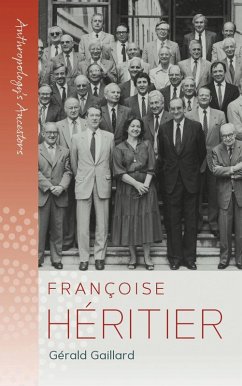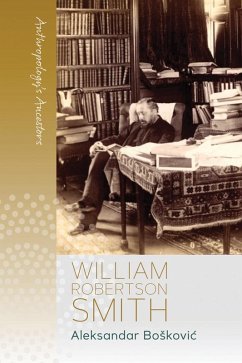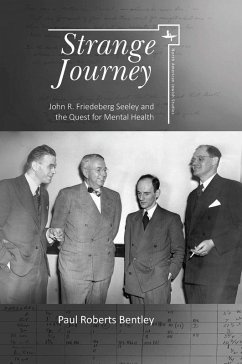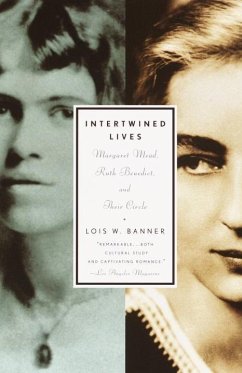
Love, Loyalty and Deceit (eBook, ePUB)
Rosemary Firth, a Life in the Shadow of Two Eminent Men

PAYBACK Punkte
8 °P sammeln!
How much do we really know about our parents' lives? What secrets lie in plain sight? This is the true story of hidden love within a small circle of some of the most acclaimed anthropologists of the 20th century. Told by Rosemary and Raymond Firth's son, and the daughter of Celia and Edmund Leach, the man Rosemary loved all her life, this part love-story, part biography, part social history is the tale of a highly influential circle of social anthropologists in Britain from the 1930s, through the Second World War, to the end of the century. The book explores their early influences, their inse...
How much do we really know about our parents' lives? What secrets lie in plain sight? This is the true story of hidden love within a small circle of some of the most acclaimed anthropologists of the 20th century.
Told by Rosemary and Raymond Firth's son, and the daughter of Celia and Edmund Leach, the man Rosemary loved all her life, this part love-story, part biography, part social history is the tale of a highly influential circle of social anthropologists in Britain from the 1930s, through the Second World War, to the end of the century.
The book explores their early influences, their insecurities, their flaws, struggles and achievements. It is a story of passion and commitment, but also of deceit and betrayal, including the inexplicable disappearance, death and alleged murder of a very close friend. It also narrates Rosemary's struggles for emotional and intellectual independence in the face of societal expectations of women and her own guilt, loss and self-doubt.
From the Prologue:
Rosemary loved many people in many different ways, but she loved two men in particular throughout most of her life. One was her husband, Raymond Firth, regarded by some as among the founding fathers of social anthropology. Yet she also retained a passionate devotion to her first love, Edmund Leach, who would subsequently become the public intellectual face of social anthropology in the later 1960s. Both separately and together they were part of the process of defining the nature of this still growing discipline in the first part of the mid-twentieth century.
Told by Rosemary and Raymond Firth's son, and the daughter of Celia and Edmund Leach, the man Rosemary loved all her life, this part love-story, part biography, part social history is the tale of a highly influential circle of social anthropologists in Britain from the 1930s, through the Second World War, to the end of the century.
The book explores their early influences, their insecurities, their flaws, struggles and achievements. It is a story of passion and commitment, but also of deceit and betrayal, including the inexplicable disappearance, death and alleged murder of a very close friend. It also narrates Rosemary's struggles for emotional and intellectual independence in the face of societal expectations of women and her own guilt, loss and self-doubt.
From the Prologue:
Rosemary loved many people in many different ways, but she loved two men in particular throughout most of her life. One was her husband, Raymond Firth, regarded by some as among the founding fathers of social anthropology. Yet she also retained a passionate devotion to her first love, Edmund Leach, who would subsequently become the public intellectual face of social anthropology in the later 1960s. Both separately and together they were part of the process of defining the nature of this still growing discipline in the first part of the mid-twentieth century.
Dieser Download kann aus rechtlichen Gründen nur mit Rechnungsadresse in A, D ausgeliefert werden.




